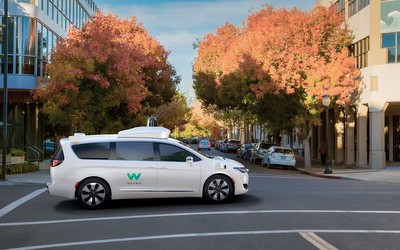
Waymo, the company created to commercialise Google’s self-driving car research, was launched last December and is moving fast forward to set its position in the autonomous vehicles sector. The company used 100 self-driving vehicles to conduct public tests in Arizona; in comparison, Uber had 43 active self-driving vehicles being tested in March 2017. Now, Waymo is going to add 600 cars to its fleet, spreading the company’s reach.
The company is forming partnerships with different organisations to ensure its growth in the near future, according to Forbes. Waymo’s most recent deal with Avis Budget Group was designed to provide maintenance services for the test fleet. The rental group will upgrade some of its service centres to assist Waymo with cleaning, oil change, auto parts substitution, as well as safe parking spaces. The organisation has also established a partnership with ride-hailing company Lyft and is discussing collaboration with Honda.
A 600-unit fleet of autonomous cars is not likely to have a significant impact on the structure of the world’s car and parking industries at the present moment. However, it is our job to monitor the next steps of this kind of initiative and be aware of the possible impacts it can have on the foreseeable future.
Read our related posts and articles:
Trends that will shape the future of parking
Will autonomous cars drive people away or to suburbs?
Understanding the impact of driverless car
Photo credit: Waymo
